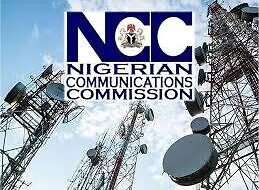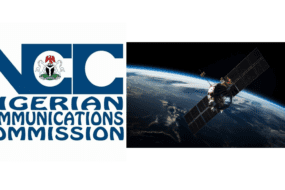After over a decade of lobbying by Nigeria’s major telecom providers, the Nigerian Communications Commission (NCC) has greenlit a tariff hike to take effect in January 2025. This development comes amid mounting operational costs and inflationary pressures, which have left the telecom sector grappling with financial losses.
Significant Changes Expected
Under the revised tariff structure, costs across various services will see a sharp increase. Call rates are set to rise from ₦11 to ₦15.40 per minute, SMS charges will jump from ₦4 to ₦5.60, and 1GB data bundles will now cost a minimum of ₦1,400, up from the current ₦1,000.
“This announcement will benefit both subscribers and operators because we have taken into account proposals from the industry and the public,” an NCC source disclosed to TechCabal.
While telecom giants such as MTN, Airtel, and 9Mobile welcome the adjustment as overdue, concerns about its broader impact on consumers are growing.
Balancing Costs with Quality
Minister of Communications, Innovation, and Digital Economy, Dr Bosun Tijani, admitted during a recent interview that tariff adjustments may be necessary to sustain the sector. “We think there may be a need for that,” he remarked in an interview on Arise TV.
However, rising inflation, which currently stands at 39.93%, complicates the picture. Higher telecom costs may reduce internet access and widen Nigeria’s digital divide, a pressing concern for a country prioritising digital inclusion.
Despite these challenges, Gbenga Adebayo, President of the Association of Licensed Telecommunication Operators of Nigeria (ALTON), remains optimistic. He believes cost-reflective prices will drive much-needed investment and improve service quality in the long run.
A Year of Heavy Losses
The financial strain on the telecom sector has been immense. MTN Nigeria reported a staggering ₦514.9 billion loss in the first nine months of 2024, following a ₦137 billion loss in 2023. Airtel Africa also announced an $89 million loss for the 2024 financial year, much of which stemmed from its Nigerian operations.
The NCC, while approving the new tariffs, previously rejected a similar request from Starlink in November 2024, a decision that was hailed in some quarters as the regulator’s performing its duties—protecting consumers from excessive costs while ensuring operators can remain financially viable.
Looking Ahead
As Nigeria transitions to higher telecom tariffs, questions remain about their impact on consumer behaviour and the broader economy. Will increased costs discourage internet adoption, or will improved revenues translate into better services? Only time will tell how this decision shapes the future of the country’s telecommunications sector.







6 replies on “Telecom Tariffs in Nigeria Set for Major Hike in 2025”
[…] according to MTN CEO Karl Toriola. Speaking on Arise TV on Thursday, Toriola explained that the proposed hike is necessary to ensure the long-term sustainability of the […]
[…] market share has dropped to 1.9%, marking its lowest point in history, according to data from the Nigerian Communication Commission (NCC). With 3.2 million subscribers, its numbers have remained unchanged for two consecutive months, […]
[…] recent surge in telecom tariffs across Nigeria has sparked outrage, prompting the House of Representatives to step in. With major […]
[…] decline in data consumption follows a recent 50% increase in tariffs by major telecom operators like MTN Nigeria and Airtel Nigeria. The higher pricing may have led to […]
[…] are using less data following a dramatic 50 per cent surge in telecom tariffs approved by the Nigerian Communications Commission (NCC). According to the latest data, the […]
[…] the tariff hike, FAAN is shifting towards a fully automated payment model. The plan includes a new airport […]